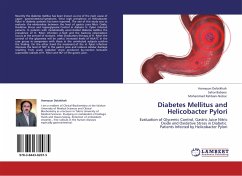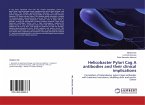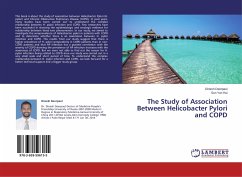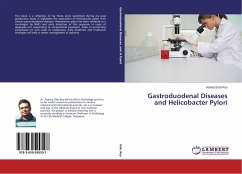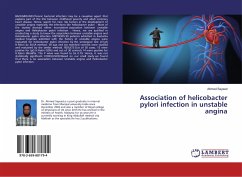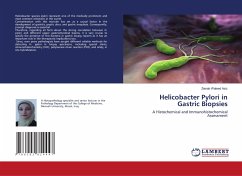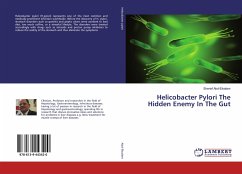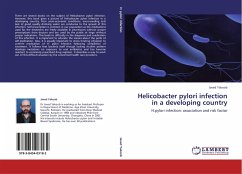Recently the diabetes mellitus has been known as one of the main cause of upper gastrointestinal symptoms. Since high prevalence of Helicobacter Pylori in diabetic patients has been reported. The aim of this study was to evaluate the relationship between the level of gastric juice Nitric Oxide, Oxidative Stress and Hyperglycemic Control in diabetic H. Pylori infected patients. In patients with metabolically uncontrolled diabetes mellitus the prevalence of H. Pylori infection is high and the bacteria colonization occurs at the antrum of stomach. After eradication therapy of H. Pylori the control of the glyceamia will be useful. Increased levels of HbA1C in the case group in comparison with those in the uninfected subjects confirm the finding. On the other hand the treatment of the H. Pylori infection improves the level of NO° in the gastric juice and reduces cellular damage resulting from acute oxidative stress produced by reaction between superoxide radicals of H. Pylori and NO° of the gastric juice.

